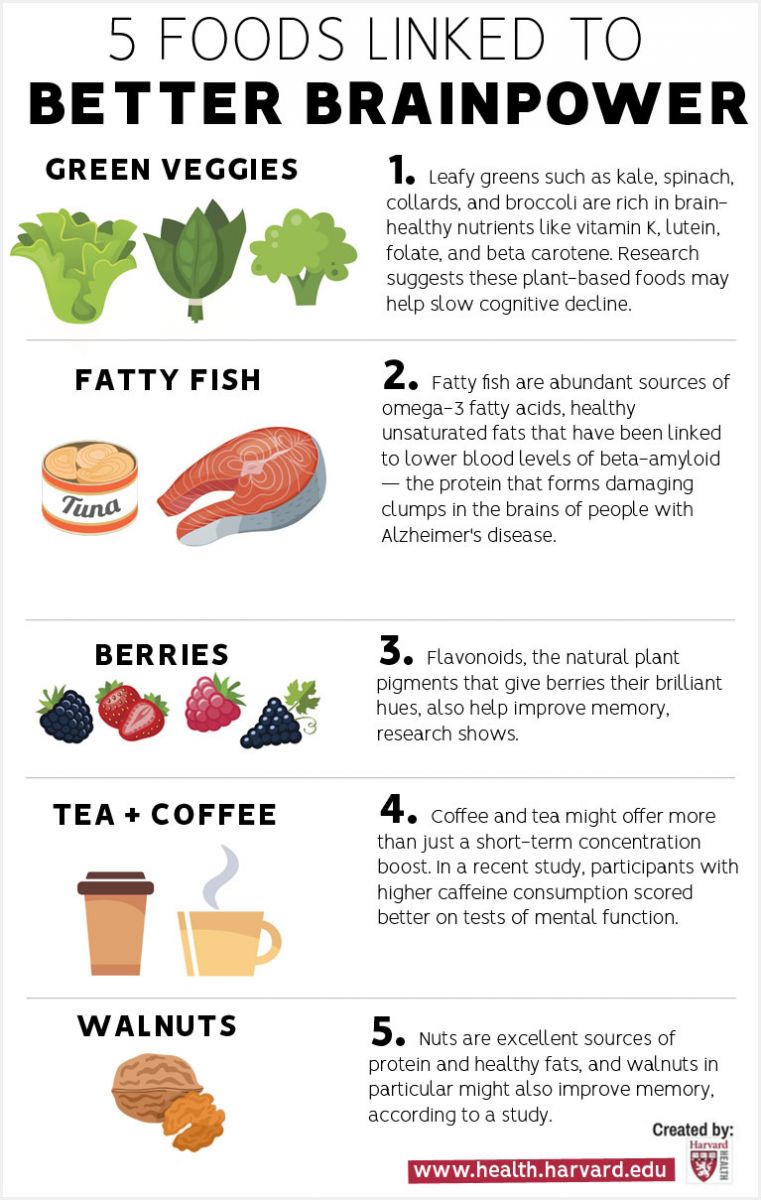- Abuse & The Abuser
- Achievement
- Activity, Fitness & Sport
- Aging & Maturity
- Altruism & Kindness
- Atrocities, Racism & Inequality
- Challenges & Pitfalls
- Choices & Decisions
- Communication Skills
- Crime & Punishment
- Dangerous Situations
- Dealing with Addictions
- Debatable Issues & Moral Questions
- Determination & Achievement
- Diet & Nutrition
- Employment & Career
- Ethical dilemmas
- Experience & Adventure
- Faith, Something to Believe in
- Fears & Phobias
- Friends & Acquaintances
- Habits. Good & Bad
- Honour & Respect
- Human Nature
- Image & Uniqueness
- Immediate Family Relations
- Influence & Negotiation
- Interdependence & Independence
- Life's Big Questions
- Love, Dating & Marriage
- Manners & Etiquette
- Money & Finances
- Moods & Emotions
- Other Beneficial Approaches
- Other Relationships
- Overall health
- Passions & Strengths
- Peace & Forgiveness
- Personal Change
- Personal Development
- Politics & Governance
- Positive & Negative Attitudes
- Rights & Freedom
- Self Harm & Self Sabotage
- Sexual Preferences
- Sexual Relations
- Sins
- Thanks & Gratitude
- The Legacy We Leave
- The Search for Happiness
- Time. Past, present & Future
- Today's World, Projecting Tomorrow
- Truth & Character
- Unattractive Qualities
- Wisdom & Knowledge
Health & Wellness Wednesdays
Brain Food - Improve your Brain’s Capacity with a Few Diet Changes
Brain food - is it really a thing? Your brain stops developing at age 25, but it may actually be possible to boost your brain power and abilities by simply changing your diet. And some of the items may surprise you.
Coffee - it gets a bad rap, but studies have shown it actually improves focus, concentration, and mood. Long-term effects of drinking coffee have been shown to reduce chances of Parkinson’s and Alzheimers, possibly due to the antioxidants it contains.
Turmeric - while coffee may prevent neurological detriment, turmeric has actually been shown to restore and boost neurological function in people struggling with Alzheimer’s. It also boosts growth of new brain cells.
Green tea - similar to coffee, it contains caffeine, which pushes an instant boost. It’s also been found to improve memory and contains amino acids and antioxidants, all which support and encourage better brain function.
If you’re experiencing the sluggish pace that fall and cold weather can quickly induce, try incorporating some of these into your diet! Test it out and see what happens!
Interesting Fact #1
Sugary drinks (energy drinks, sport drinks, fruit juice) have a highly negative effect on your brain - possibly increasing chances of dementia.
Interesting Fact #2
Foods with a high glycemic index or glycemic load have shown to impair memory.
Interesting Fact #3
Aspartame (used as a sugar alternative, often found in chewing gum and diet soda) may disrupt neurotransmitters and increase stress and depression.
Quote of the day
Every time you eat is an opportunity to nourish your body.
Article of the day - Foods Linked to Better Brainpower
Just as there is no magic pill to prevent cognitive decline, no single almighty brain food can ensure a sharp brain as you age. Nutritionists emphasize that the most important strategy is to follow a healthy dietary pattern that includes a lot of fruits, vegetables, legumes, and whole grains. Try to get protein from plant sources and fish and choose healthy fats, such as olive oil or canola, rather than saturated fats.
That said, certain foods in this overall scheme are particularly rich in healthful components like omega-3 fatty acids, B vitamins, and antioxidants, which are known to support brain health and often referred to as foods. Incorporating many of these foods into a healthy diet on a regular basis can improve the health of your brain, which could translate into better mental function.
Research shows that the best brain foods are the same ones that protect your heart and blood vessels, including the following:
- Green, leafy vegetables. Leafy greens such as kale, spinach, collards, and broccoli are rich in brain-healthy nutrients like vitamin K, lutein, folate, and beta carotene. Research suggests these plant-based foods may help slow cognitive decline.
- Fatty fish. Fatty fish are abundant sources of omega-3 fatty acids, healthy unsaturated fats that have been linked to lower blood levels of beta-amyloid—the protein that forms damaging clumps in the brains of people with Alzheimer's disease. Try to eat fish at least twice a week, but choose varieties that are low in mercury, such as salmon, cod, canned light tuna, and pollack. If you're not a fan of fish, ask your doctor about taking an omega-3 supplement, or choose terrestrial omega-3 sources such as flaxseeds, avocados, and walnuts.
- Berries. Flavonoids, the natural plant pigments that give berries their brilliant hues, also help improve memory, research shows. In a 2012 study published in Annals of Neurology, researchers at Harvard's Brigham and Women's Hospital found that women who consumed two or more servings of strawberries and blueberries each week delayed memory decline by up to two-and-a-half years.
- Tea and coffee. The caffeine in your morning cup of coffee or tea might offer more than just a short-term concentration boost. In a 2014 study published in The Journal of Nutrition, participants with higher caffeine consumption scored better on tests of mental function. Caffeine might also help solidify new memories, according to other research. Investigators at Johns Hopkins University asked participants to study a series of images and then take either a placebo or a 200-milligram caffeine tablet. More members of the caffeine group were able to correctly identify the images on the following day.
- Walnuts. Nuts are excellent sources of protein and healthy fats, and one type of nut in particular might also improve memory. A 2015 study from UCLA linked higher walnut consumption to improved cognitive test scores. Walnuts are high in a type of omega-3 fatty acid called alpha-linolenic acid (ALA), which helps lower blood pressure and protects arteries. That's good for both the heart and brain.

Question of the day - In your experience, what foods leave you feeling good & healthy?
Diet & Nutrition
In your experience, what foods leave you feeling good & healthy?










